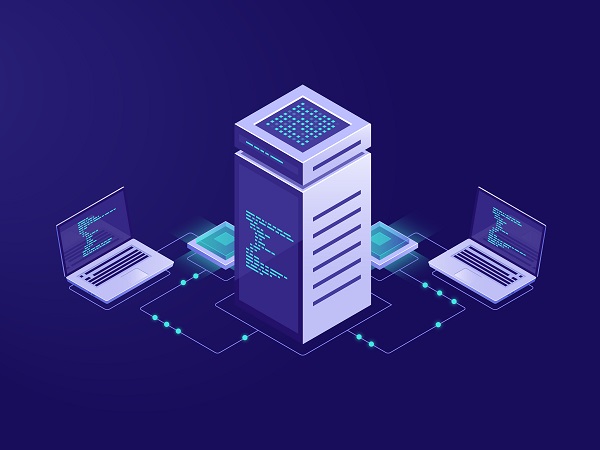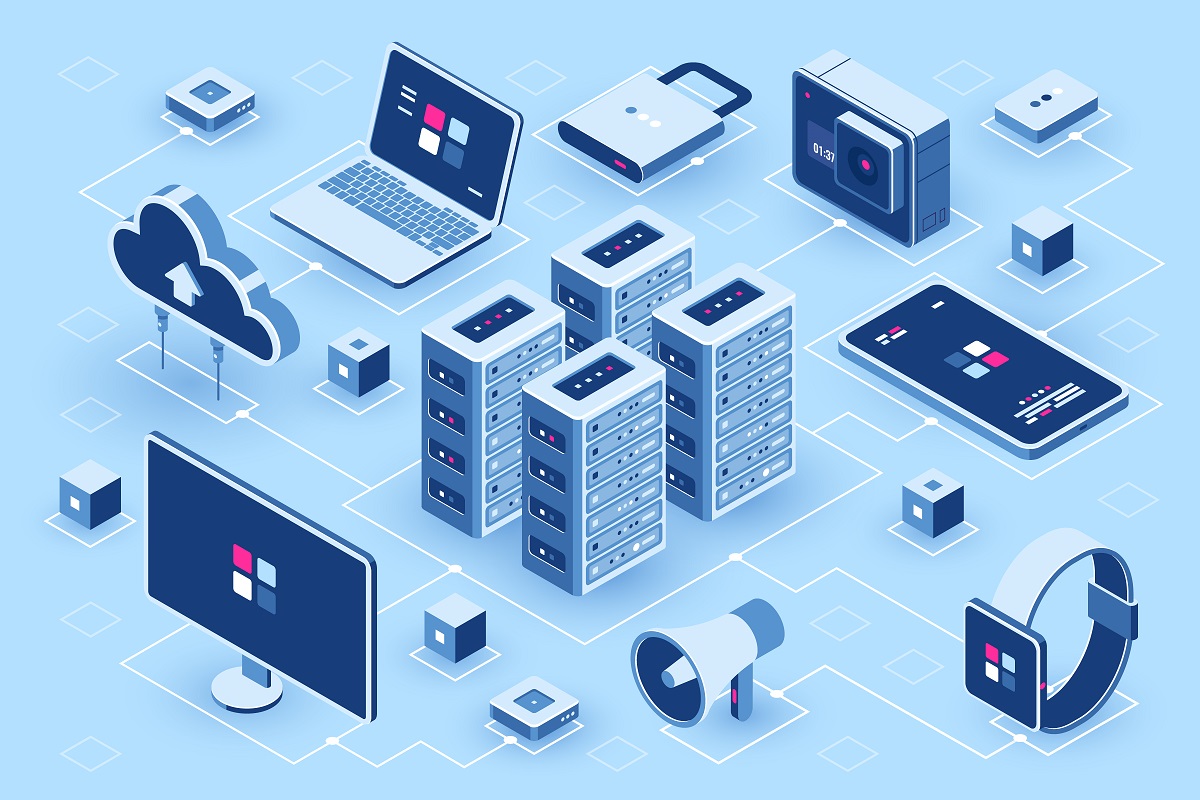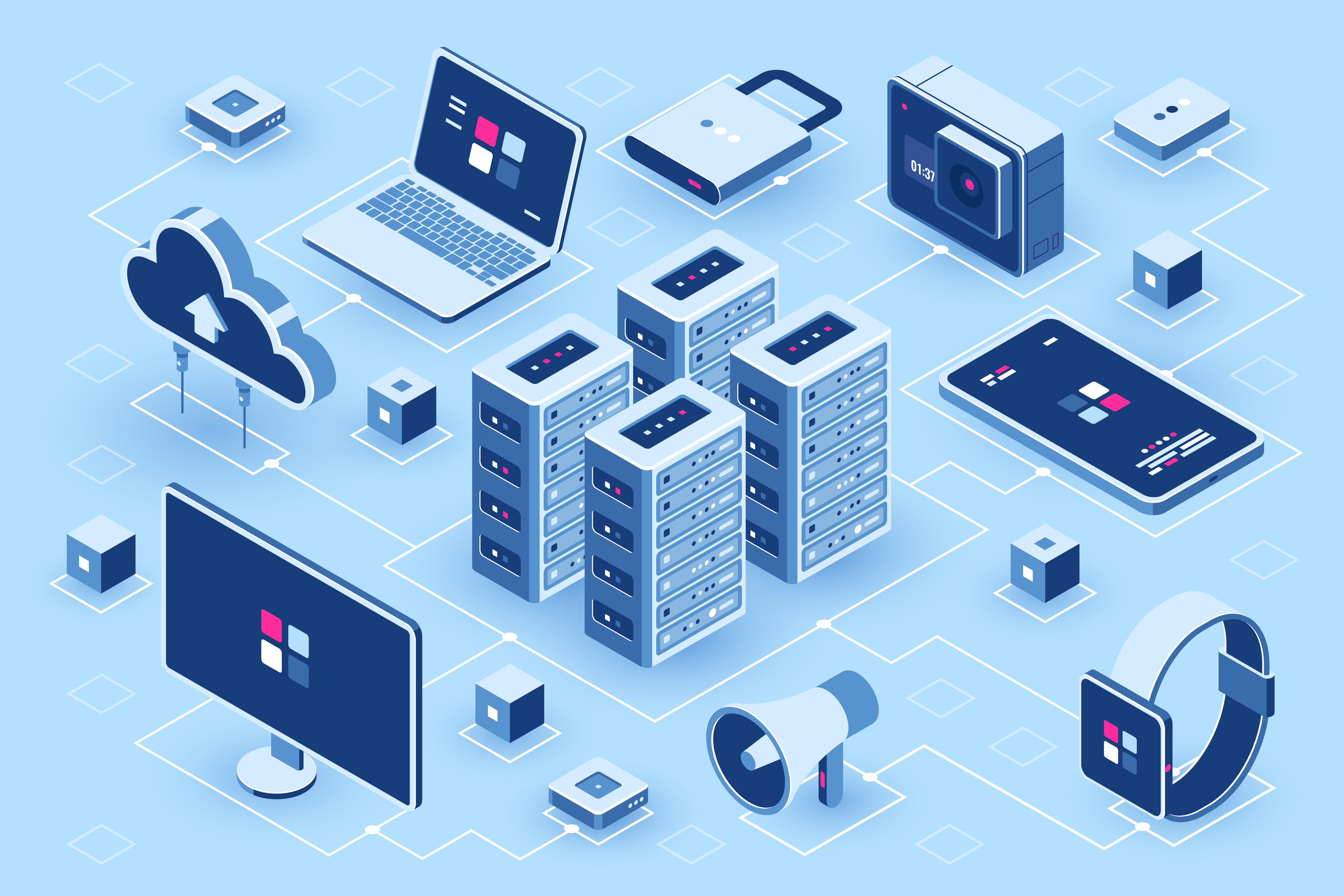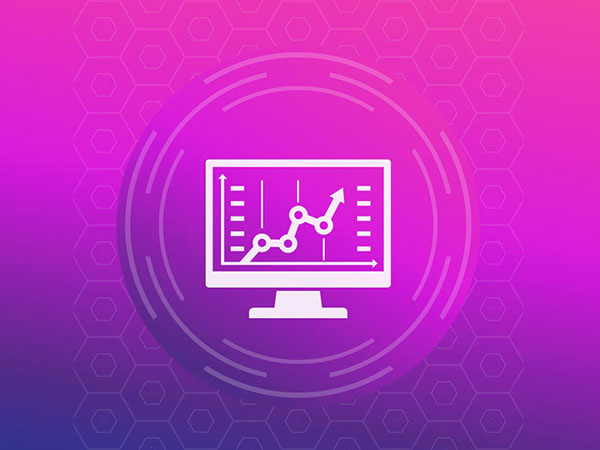For the last decade or so, businesses of all shapes and sizes began to recognize the power of the data they were collecting and what it could do for their bottom line. One by one, companies started to build processes to mine and analyze data, to draw some actionable insights to aid their operations. Then, a funny thing happened.
Business intelligence (BI) initiatives started to fail. Often.
Some estimates placed the failure rate as high as 80%. Dire warnings came from all corners of the industry about the myriad factors that could contribute to a project’s downfall. Everything from a lack of broad buy-in by stakeholders to the incorrect choice of data platform could be to blame. And because of the difficulty, many businesses started to sour on the idea that they’d ever be able to unlock the hidden usefulness of the troves of data they possessed.
But now, in the era of COVID-19, business intelligence and data analytics initiatives are proving to be the saving grace of many businesses. It’s allowing them to anticipate and accommodate supply chain disruptions. It’s helping them to create new solutions to keep products coming, even as workers adapt to telework and other emergency measures. And most importantly, it’s helping businesses remain solvent and providing desperately needed paychecks to scores of workers.
But what’s also happening is that the remaining flaws preventing businesses from achieving maximum benefits from their BI initiatives are coming to light. That offers a unique opportunity to fix them once and for all. With that in mind, here are the top three lessons that businesses are learning about BI amidst the pandemic.
Standardization is Critical to BI Success
One thing that’s become clear as businesses have sought to use data to tackle the myriad business challenges associated with the pandemic is how critical it is to develop centralized and efficient data standardization procedures. It’s a challenge that many businesses continue to struggle to meet, even now. But a lack of a smooth data standardization process and a centralized data storage system can make meaningful use of the data difficult. In some cases, it can slow down the workflow enough to render the resulting insights meaningless.
The pandemic is shining a light on this critical phase of the BI workflow. Right now, with the external situation changing rapidly, timely data is now measured in minutes, not days or weeks. That means data standardization has to be done lightning-quick and without error. The lesson that many businesses are learning is that their processes, previously believed adequate, can’t handle the pace now required of them. Going forward, newer data processing techniques that utilize advanced AI to speed up standardization tasks should become the norm and help alleviate the problem.
Agile Processes Make BI Work Best
Another lesson that businesses are learning in the face of the pandemic is that they need to utilize agile processes in their BI functions. Here again, the fast pace of the changing situation is proving to be the illuminating factor. As businesses struggle to adapt to the pandemic, business leaders are calling on their BI teams to develop new solutions at a faster rate and to make allowances for needs that are changing on the fly.
That’s exactly where agile BI processes tend to shine. They focus on an iterative approach to data modeling and development, which shortens the time it takes to get at least a minimally-working solution into the hands of the people that need it. Businesses that instead rely on more traditional waterfall-based processes are finding that they can’t keep up with changing business needs, sending BI staff back to the drawing board again and again.
Effective BI Requires Employee Empowerment
The last and most critical lesson that businesses are learning about BI in the pandemic is that it will have little effect within organizations still insisting on top-down decision making. Instead, the organizations using BI to the greatest effect are those that have a culture of delegation of authority, where rank-and-file employees have the power to make data-driven decisions without the need to wait for their superiors to approve it. Operating in this way uses BI insights in the most effective fashion.
Businesses are also learning that their employees don’t need to be experts in how BI works to make effective decisions based on it. It’s enough to have a core team of high-skilled BI experts that support the broader workforce by working collaboratively with them to develop whatever data solutions are required. In many cases, employees only need a passing familiarity with visualization tools to start making data-driven decisions – and to do so with high confidence that they’re making the right calls.
Business Intelligence, Transformed
There’s little doubt that some businesses will continue to struggle with their BI initiatives even long after the pandemic fades into history. Not all will learn the important lessons covered here, and still more will cling to outdated operating methods that hamper their ability to move forward toward a data-driven future. But those who are witnessing how transformative BI can be while facing tremendous adversity will take these lessons to heart and do whatever it takes to integrate them into their businesses. In the end, overcoming many of the roadblocks they had faced will leave them well-positioned to thrive – no matter what the world has to throw at them next.















